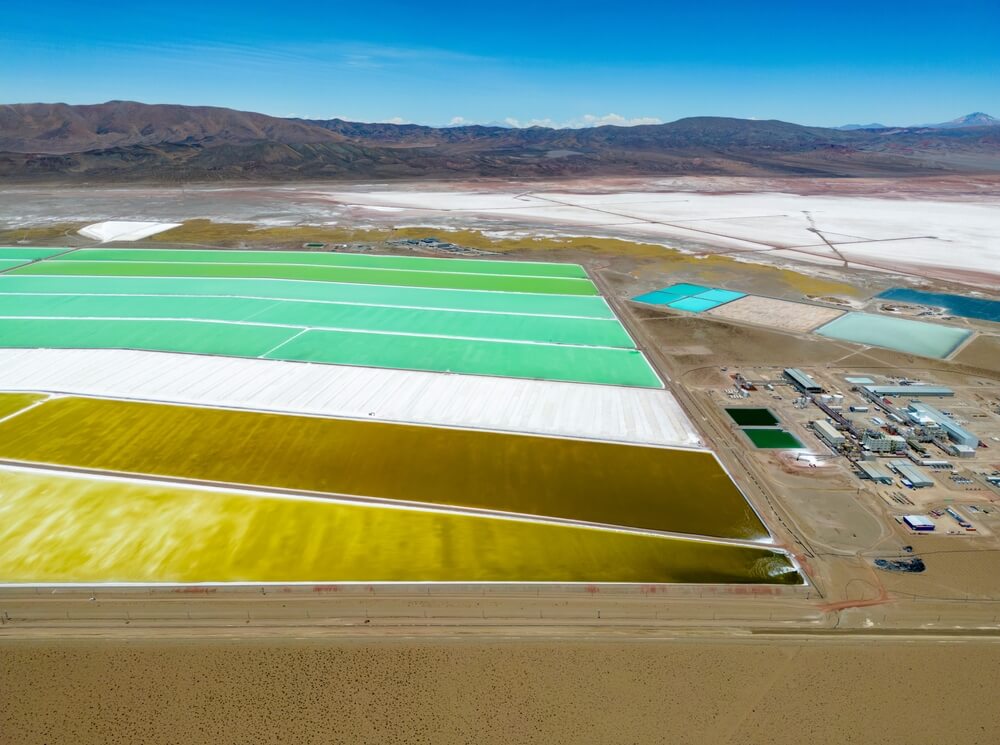
Bolivia is intensifying its efforts to harness the world’s largest lithium deposits, preparing agreements with new investors to develop processing plants despite low prices and increasing resistance from lawmakers and civic groups. The Andean nation inaugurated its first industrial-scale plant in late 2023, built by a Chinese consortium, and last year signed additional agreements with Russia’s Uranium One Group and another Chinese consortium. These deals await congressional approval.
“With the two new contracts, we plan to reach 49,000 tons of lithium carbonate annually within three years,” said Omar Alarcon, president of state-owned lithium company YLB, during an interview from La Paz. Alarcon also revealed plans to submit a new contract to Congress in the first quarter of the year. Negotiations are ongoing with European and Australian companies as Bolivia seeks to diversify its partnerships.
Despite Bolivia’s vast lithium resources, the country’s contribution to global supply remains negligible. While it has significantly larger reserves than neighboring Chile, Bolivia’s deposits are considered less economically viable due to high magnesium levels, which complicate production, and its landlocked location, with the nearest port over 500 kilometers away.
Recent declines in lithium prices, compounded by Bolivia’s history of political instability and its state-led resource development approach, have deterred private investment. Lithium prices, currently around $10,000 per ton, are significantly below the $30,000 per ton estimate used in the contracts.
To address purity challenges and accelerate production, Bolivia is banking on new direct extraction technologies. A $970 million agreement with Uranium One involves constructing a plant with a capacity of 14,000 tons per year. Another $1 billion deal with China’s Catl Brunp and CMOC aims to establish two plants producing a combined 35,000 tons annually.
The new contracts have sparked controversy. Civic groups and opposition politicians allege a lack of transparency and argue that royalties should increase from 3% to 11%. Protests have emerged, and NGOs have urged Congress to reject the deals.
Alarcon dismissed the criticisms, describing them as politically motivated or misinformed. He emphasized that Bolivia will maintain control over lithium sales and hold a majority stake in the projects. The agreements ensure that YLB will only begin repaying investments once plants reach full capacity, minimizing financial risks for the state. Repayment will occur over approximately 10 years, with Russian and Chinese firms receiving lithium carbonate as preferential buyers.
YLB’s first processing plant operated at just 17% of capacity in 2024 and is expected to reach 23% this year, with no definitive timeline for full capacity. Alarcon acknowledged Bolivia’s historical struggles in developing its lithium industry but emphasized that rejecting the new agreements could delay industrial-scale production by up to 15 years.
“That would be catastrophic for the country,” Alarcon warned, stressing the importance of the deals to realize Bolivia’s lithium potential.



